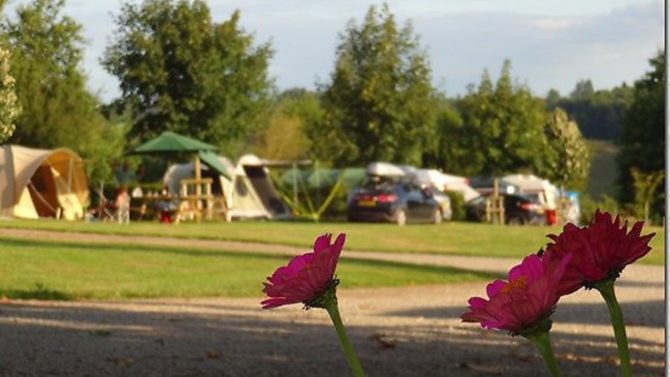The campsite market in France

Fancy playing host to happy campers? Lynette Eyb explains why the campsite market is big business in France and how owners can make the most of it

Summer in France means sunshine, the beach, the great outdoors – and camping. Every summer, millions of people pack up their cars or campervans and take to the roads. And each and every one of them needs somewhere to pitch up.
According to Céline Cochelin, of the Fédération Française de Camping et de Caravaning (FFCC), French campers are increasingly favouring sites with a variety of accommodation, especially mobile homes.
Campsites offering unique or unusual places to sleep such as treehouses, yurts and teepees are proving increasingly popular, but the tent is making a comeback.
Campsites are very important to the French tourism market – 27% of all nights spent in tourist accommodation in 2014 were spent at campsites, caravan or campervan parks – and owning one can open the door to a slice of this lucrative market.
Buying a campsite
Mike Goldsmith, an agent for Leggett Immobilier, says good, well-established campsite businesses can be hard to come by, with his agency having just 46 campsites listed in all of France at the time of our interview.
“There is only a slow trickle of sites compared to gîte or B&B businesses, so finding the right one does take some patience and research,” Mike says.
“There are no set guidelines when it comes to pricing; it really does depend on location, facilities and how successful the existing business is.
“Is there a house on-site for the owners? How many pitches and toilet blocks are there? Are there any other possible revenue streams on-site – for example a gîte, or canoe or bike hire?
“We have campsites listed from €109,000 through to a site that comes complete with a château on the market for €4,750,000.”
Consider the competition
As with any business you will need to do your homework to see what campsites already exist locally. There were more than 7,400 campsites registered across France last year.
While ideally you want to look for an area where there is strong demand and a gap in the market, do not automatically rule out areas where there is already a high concentration of sites.
In some coastal areas there is increasing demand from campers and in busy areas it can be hard to find a campsite that has vacancies in high summer.
According to statistics from the FFCC, the French preference for camping holidays near to the coast is clear, with 72% choosing the coast over the rural or mountain campsites.
What facilities to offer?
The type of facilities you offer will dictate the type of guests you can attract. For instance, children’s playgrounds and waterslides will naturally attract more families, while bike or canoe hire will help attract more active campers.
“French campers like to go to the pool, play sports and do recreational activities,” says the FFCC’s Céline Cochelin. “They like to experience and discover the camping environment.”
Consider also the type of atmosphere you want to nurture. Do you only want tent campers or will you also welcome caravanners and camping cars? Do you have the space and resources to keep different types of campers happy?
The paperwork
“There are lots of rules and regulations surrounding campsites,” says Mike. “If it is an existing site, then all approvals should be in place and you will just need to look at how the site fits into your business plan.
“If you want to develop the site further, you will need a clear understanding from the vendors about what has been approved on the site and what has not. The local maire is the best place to start because, ultimately, he or she will be giving permission for any additional approvals.
“However, in my experience, serious buyers are looking for an established business. To start from scratch, if and when you get permission, will still involve a considerable capital investment and the returns in the early days will be minimal. An established business will cost more, but there is less risk.”
Lynette Eyb is a journalist and writes for various magazines and websites including her cycling guide www.freewheelingfrance.com
Share to: Facebook Twitter LinkedIn Email


